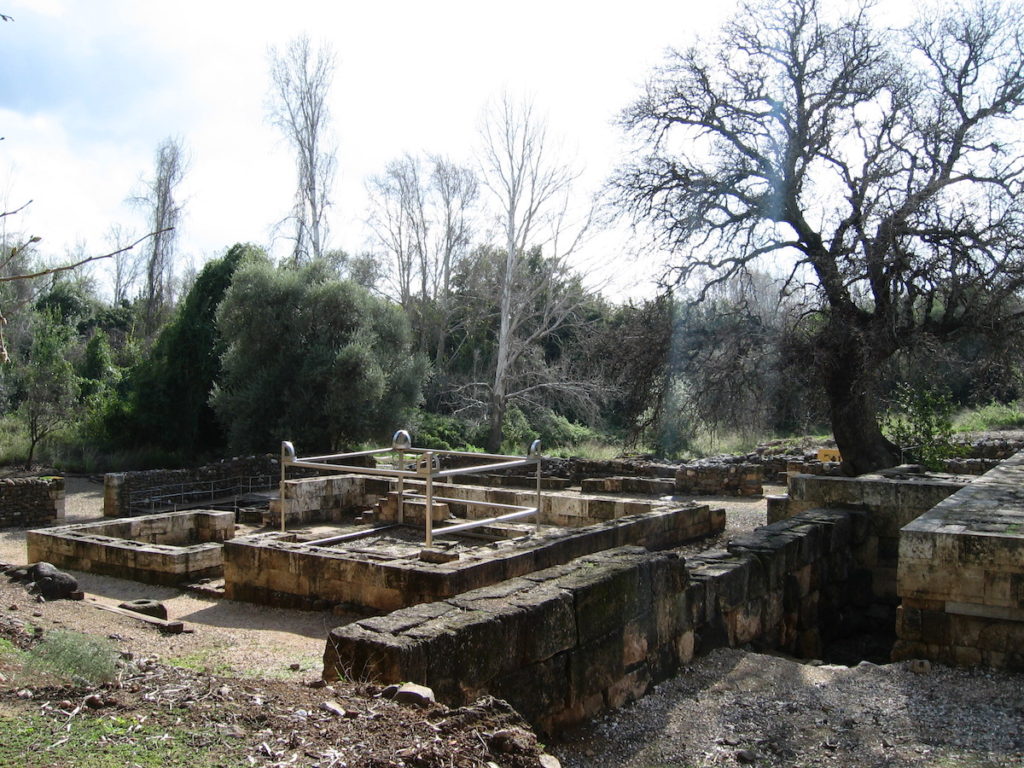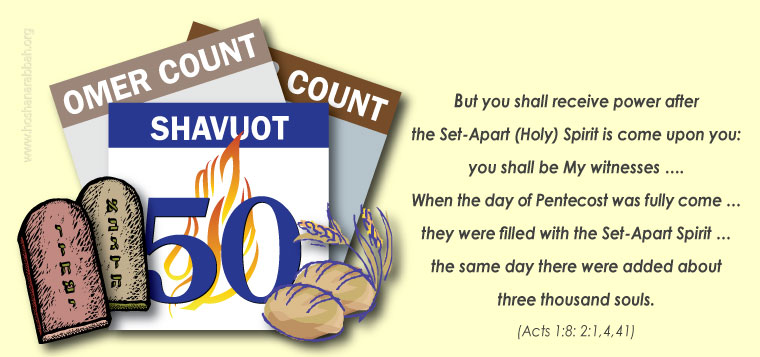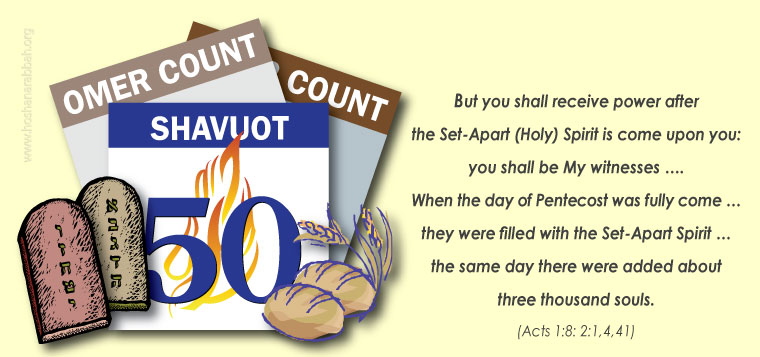
Jeremiah 17:9, The heart is deceitful above all thing.
The Utter Depravity of Sinful Man
The Bible is a big book. It contains more than 1500 pages of divine instructions on countless subjects from numerous authors written over a period of more than 1500 years! Within the plethora of subjects contained therein, it is easy to overlook certain ones that are less complimentary to man, but that he nevertheless needs to be reminded of if he is to come into a right relationship with YHVH Elohim (the Creator and ultimate Author of the Bible).
One of these biblical themes pertains to the utter depravity of man in his spiritually unregenerate state. The Bible has a lot to say about this subject, and it’s not a pleasant one. And even after man is regenerated by the Spirit of Elohim, he still struggles with his base, carnal, godless, rebellious, anti-Elohim and sin-bent nature.
Like taking a strong medicinal tonic, from time to time, it is imperative that the redeemed of YHVH review the Scriptures in the Bible that discuss the subject of man’s depravity. As forgetful humans who have the prideful tendency to gloss over our sins (this too is an aspect of man’s depraved and sin-inclined nature), we need to hold the mirror of truth up to our faces to see ourselves as we really are. When we behold this reality, perhaps it will drive us back to the cross of Yeshua in repentance of our sin, and cause us to fall down in contriteness before the mercy seat of Elohim’s throne begging for mercy. Perhaps the fear of Elohim will be perfected in us, and he will be exalted in our sin-stained hearts and minds in the beauty of his absolute righteousness and spiritual perfection. As this occurs, proper spiritual order will be restored in the universe and in our lives as we assume our rightful position on our faces before his throne of mercy. Only then will we find right relationship with the Creator of the universe resulting in true peace, joy, happiness and eternal life and peace on earth among men as we recognize our utter depravity and at the same time the beauty and glory of Elohim’s sublime perfection and holiness.
Who can bring a clean thing out of an unclean? Not one. (Job 14:4)
What is man, that he should be clean, and he which is born of a woman, that he should be righteous? Behold, he puts no trust in his saints; yea, the heavens are not clean in his sight. How much more abominable and filthy is man, which drinks iniquity like water? (Job 15:14–16)
Behold, I was shaped in iniquity; and in sin did my mother conceive me. (Ps 51:5)
Elohim looked down from heaven upon the children of men, to see if there were any that did understand, that did seek Elohim. Every one of them is gone back: they are altogether become filthy; there is none that does good, no, not one. (Ps 53:2–30)
Frowardness is in his heart, he devises mischief continually; he sows discord. (Prov 6:14)
This is an evil among all things that are done under the sun, that there is one event unto all: yea, also the heart of the sons of men is full of evil, and madness is in their heart while they live, and after that they go to the dead. (Eccl 9:3)
Then said I, Woe is me! for I am undone; because I am a man of unclean lips, and I dwell in the midst of a people of unclean lips: for mine eyes have seen the King, the LORD of hosts. (Isa 6:5)
All we like sheep have gone astray; we have turned every one to his own way; and YHVH has laid on him the iniquity of us all. (Isa 53:6)
But we are all as an unclean thing, and all our righteousness is as filthy rags; and we all do fade as a leaf; and our iniquities, like the wind, have taken us away. (Isa 64:6)
The heart is deceitful above all things, and desperately wicked: who can know it? (Jer 17:9)
And he said, That which comes out of the man, that defiles the man. For from within, out of the heart of men, proceed evil thoughts, adulteries, fornications, murders, thefts, covetousness, wickedness, deceit, lasciviousness, an evil eye, blasphemy, pride, foolishness. All these evil things come from within, and defile the man. (Mark 7:21–23)
As it is written, There is none righteous, no, not one: There is none that understands, there is none that seeks after Elohim. They are all gone out of the way, they are together become unprofitable; there is none that does good, no, not one. Their throat is an open sepulchre; with their tongues they have used deceit; the poison of asps is under their lips: whose mouth is full of cursing and bitterness. Their feet are swift to shed blood: destruction and misery are in their ways: and the way of peace have they not known. There is no fear of Elohim before their eyes. (Rom 3:10–18)
For we know that the law is spiritual: but I am carnal, sold under sin. For that which I do I allow not: for what I would, that do I not; but what I hate, that do I. If then I do that which I would not, I consent unto the law that it is good. Now then it is no more I that do it, but sin that dwells in me. For I know that in me (that is, in my flesh,) dwells no good thing: for to will is present with me; but how to perform that which is good I find not. For the good that I would I do not: but the evil which I would not, that I do. Now if I do that I would not, it is no more I that do it, but sin that dwells in me. I find then a law, that, when I would do good, evil is present with me. For I delight in the law of Elohim after the inward man: But I see another law in my members, warring against the law of my mind, and bringing me into captivity to the law of sin which is in my members. O wretched man that I am! who shall deliver me from the body of this death? (Rom 7:14–24)
Because the carnal mind is enmity against Elohim: for it is not subject to the law of Elohim, neither indeed can be. So then they that are in the flesh cannot please Elohim. (Rom 8:7–8)
Now the works of the flesh are manifest, which are these; adultery, fornication, uncleanness, lasciviousness, Idolatry, witchcraft, hatred, variance, emulations, wrath, strife, seditions, heresies, Envy, murders, drunkenness, revellings, and such like: of the which I tell you before, as I have also told you in time past, that they which do such things shall not inherit the kingdom of Elohim. (Gal 5:19–21)
And you hath he quickened, who were dead in trespasses and sins; wherein in time past ye walked according to the course of this world, according to the prince of the power of the air, the spirit that now worketh in the children of disobedience: (Eph 2:1–2)
What should be our response before YHVH Elohim to the truth of who we are before him? Let us learn from the wisdom of Job.
Wherefore I abhor myself, and repent in dust and ashes. (Job 42:6)
And said, O my Elohim, I am ashamed and blush to lift up my face to thee, my Elohim: for our iniquities are increased over our head, and our trespass is grown up unto the heavens. (Ezra 9:6)
The sacrifices of Elohim are a broken spirit: a broken and a contrite heart, O Elohim, thou wilt not despise. (Ps 51:17)
Then shall ye remember your own evil ways, and your doings that were not good, and shall lothe yourselves in your own sight for your iniquities and for your abominations. (Ezek 36:31)
This is a faithful saying, and worthy of all acceptation, that Messiah Yeshua came into the world to save sinners; of whom I am chief. (1Tim 1:15)
Be afflicted, and mourn, and weep: let your laughter be turned to mourning, and your joy to heaviness. Humble yourselves in the sight of YHVH, and he shall lift you up. (Jas 4:10)
Now in conclusion of the matter, be encouraged by reading the following Bible passages: Psalms 51:1–17; 103:1–18; 1 John 1:9
But there is hope…
Continue reading






